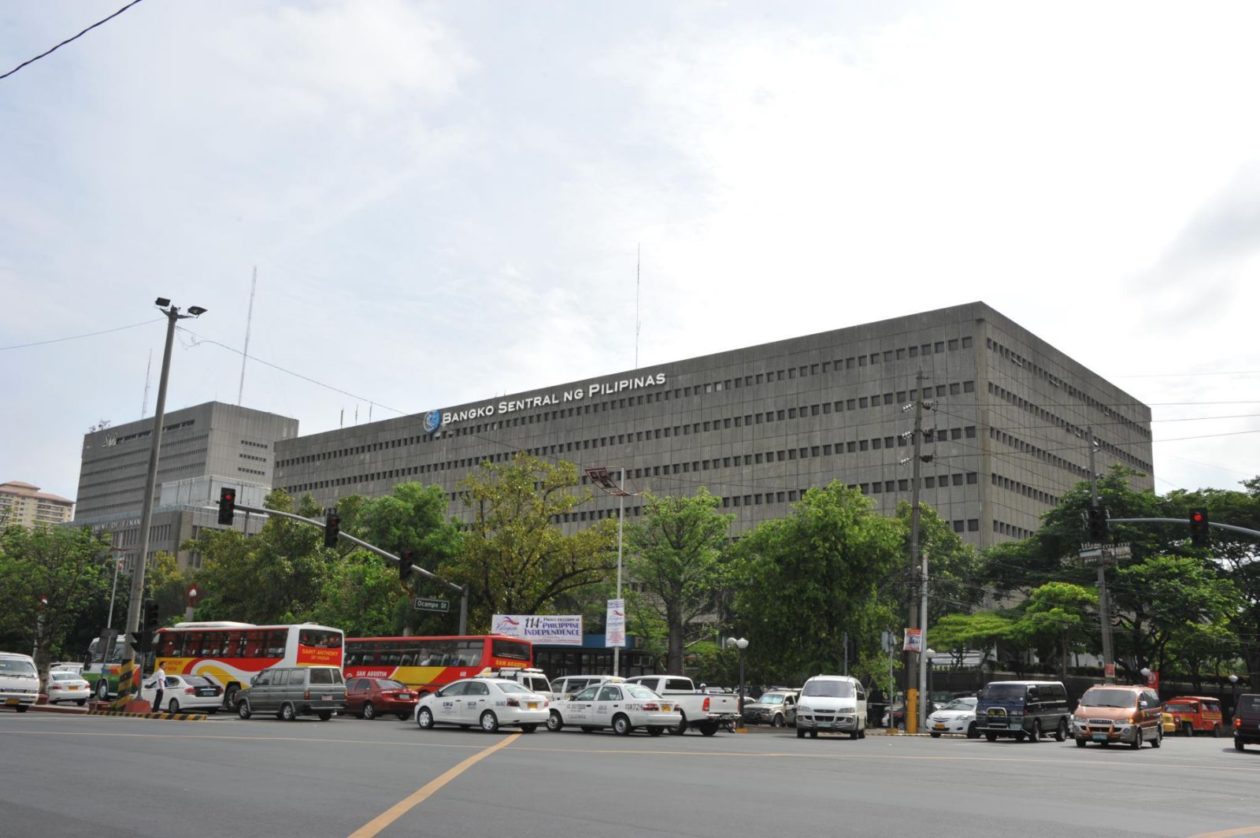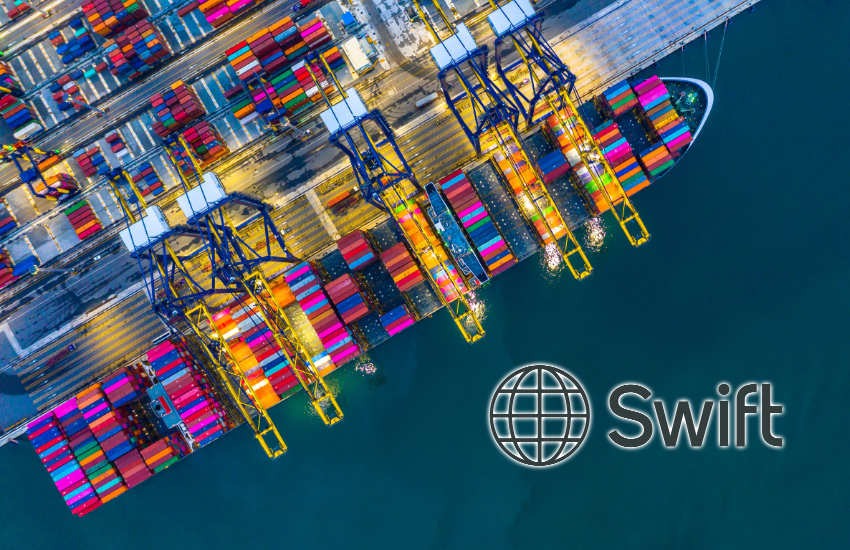Philippine Central Bank Governor Says No Plan to Ban Crypto

Central banks in Asia have clarified their stance on cryptocurrency. While some welcome it as a new technology, some want it banned.
The Reserve Bank of India proposed an outright ban on cryptocurrency earlier this year. On the other hand, the Monetary Authority of Singapore wants to strengthen its crypto regulations, although it said that cryptocurrencies have “no fundamental value”.
As far as new Bangko Sentral ng Pilipinas (BSP) Governor Felipe Medalla is concerned, there is no talk of banning cryptocurrency in the country. That’s good news for crypto users in the Philippines, which is the world’s fifth largest crypto market, according to polling and research site Finder.
Discard his Jenny Ortiz spoke one-on-one with Medalla about his position on cryptocurrency, the BSP’s plan for a central bank digital currency (CBDC) and the future of digital banking in the country.
Jenny Ortiz: What do you think about cryptocurrency?
Felipe Medalla, BSP Governor: I don’t want it banned, but I don’t want to call it cryptocurrency. Because it has very little use for actual payments, especially when the price is so volatile. Because if the price rises very quickly, those who own it will naturally not want to use it. But if you use it to buy something and the value goes up, you’ll regret it.
On the other hand, for the seller, if the price goes down, you won’t receive it, right? Because you will, when you change the money into actual cash, the value will be much lower. So for me, currency [is] something [that] cannot be very, very volatile. So in that sense you might call it crypto assets.
In the case of Bitcoin, it is also bad for the environment because the amount of electricity the miners use is greater than the electricity consumption of some countries. So what is its saving grace? Its saving grace is that in countries with so much financial and economic oppression, that’s a good thing because, in countries with terrible financial systems and so on, they are an alternative to government.
Now, the other thing it’s useful for is avoiding government surveillance. The question is what social good does it achieve? Of course, if you are in a country where [the] the government itself is the problem, maybe it does. But in most countries where the government is not perfect, but largely contributes to the common good, one does not necessarily want to weaken the government. So my view is that the valuation may be too high because of all the things I said. Of course, if I’m wrong, then that’s not necessarily the case.
And in fact it has already happened that the bubble has collapsed. Right? Some of the crypto assets have fallen by almost two-thirds in a very, very short period of time. So my advice is always that if you go to buy this, don’t put in money you can’t afford to lose.
Our political position, it must not be used to evade anti-money laundering and know-your-customers rules. We at the central bank, our policy is those exchanges where you exchange crypto-assets for bank deposits or physical currency, all the rules necessary to prevent money laundering, especially to finance crimes, should be enforced.

Ortiz: Human history shows that the medium of exchange of money has always evolved. We had barter, gold and then paper notes. As we have seen, the world tends to be more digital now. Isn’t that what Bitcoin is?
Medal: Why is it that the national currencies do not have gold and yet they are ok for transactions? Are they ok to enter the values of contracts? The answer is that they are supported by governments that have the power to tax. So at least you [have] basis for valuing the currency.
By the way, what you will notice is [if] If the global markets do not trust the way a country is run, you will notice that the value of the currency will also fall. So in other words, fiat currency at least has a leg to stand on – the sovereign. The sovereign who supports it.
Ortiz: What is the update on Project CBDC PH?
Medal: BSP would rather do it only at wholesale level. Under this project, BSP is set to conduct a pilot activity by the end of this year that will provide prototypes between bank transfers. The pilot project is a targeted use case to enable the transfer of funds across a limited number of financial institutions, potentially on a 24/7 basis. So CBDC will do it 24/7.
Now lessons learned from this pilot activity will be used to determine the next steps. By the way, it is extremely useful in the case of cross-border payments and, for example, payments for the payment of securities. So the project is an important capacity-building effort to ensure that the BSP will be at the forefront of rapidly evolving technologies driving the emergence of alternative payment instruments.
So the core of that system is the IT system called real-time gross settlement. But as you can see, not everyone has a balance in the central bank. In fact, not all rural banks. In fact, most rural banks do not have a balance with us. So we think that maybe this new technology will be more efficient than what we have now at the wholesale level.
So our goal is to take advantage of the lessons learned from the pilot project, and eventually pursue major improvements to the existing payment systems, improvements that aim to reduce pain points in the national system, especially in intraday liquidity facilities, stocks, shares and securities settlement. And especially if such payments are cross-border, it is between two countries.
Ortiz: Looking ahead, will the Philippines consider having a retail CBDC just like what they tested this year in China?
Medal: I think the surest thing is to learn from the experiences of the countries that are far ahead of us. Now, there are advantages to being ahead of the curve, which is that you could take advantage of the benefits of the technology earlier. And to the extent that there is international global competition, those who are ahead will of course have a greater gain.
But there is also a big advantage to being behind, which is that you copy the good parts of the system, you don’t copy the mistakes. So for a small country like the Philippines, I think being a supporter, the first to do retail CBDC is not the more practical and realistic option.
Ortiz: Last month you said that the BSP will not accept any more digital banking applications. What is the reason for this?
Medal: Well, the reason for this is that we are not quite sure what the market potential is. And number two, we’re also just learning how to regulate it ourselves. So what we did was to approve only six players, which includes giving license to operate to four new, brand new banks and two existing banks that converted to digital.
By the way, it requires some explanation because we want to be very strict about which bank can be called a digital bank. Everything must be digital, both on the deposit side and the lending side. Of course, there is nothing to prevent existing banks from having digital functions.
One bank, for example, is very, very strong in getting deposits digitally. It will save them a lot of money by reducing the number of branches, for example. But lending remains in the old way. But we do not want to call these banks digital banks. And there is no limit to how many banks can have digital processes, but which are not fully digital.
So that’s what we have to remember, we’re not stopping an existing major bank from having a big campaign that takes deposits digitally and onboards those customers digitally as well. But if you want to call yourself a digital bank, you have to be completely digital.
The interview is condensed and lightly edited.

















:max_bytes(150000):strip_icc()/Primary-Image-how-to-trade-nfts-7378247-52ea6c6245454f3984b66b8383222cd8.jpg)





